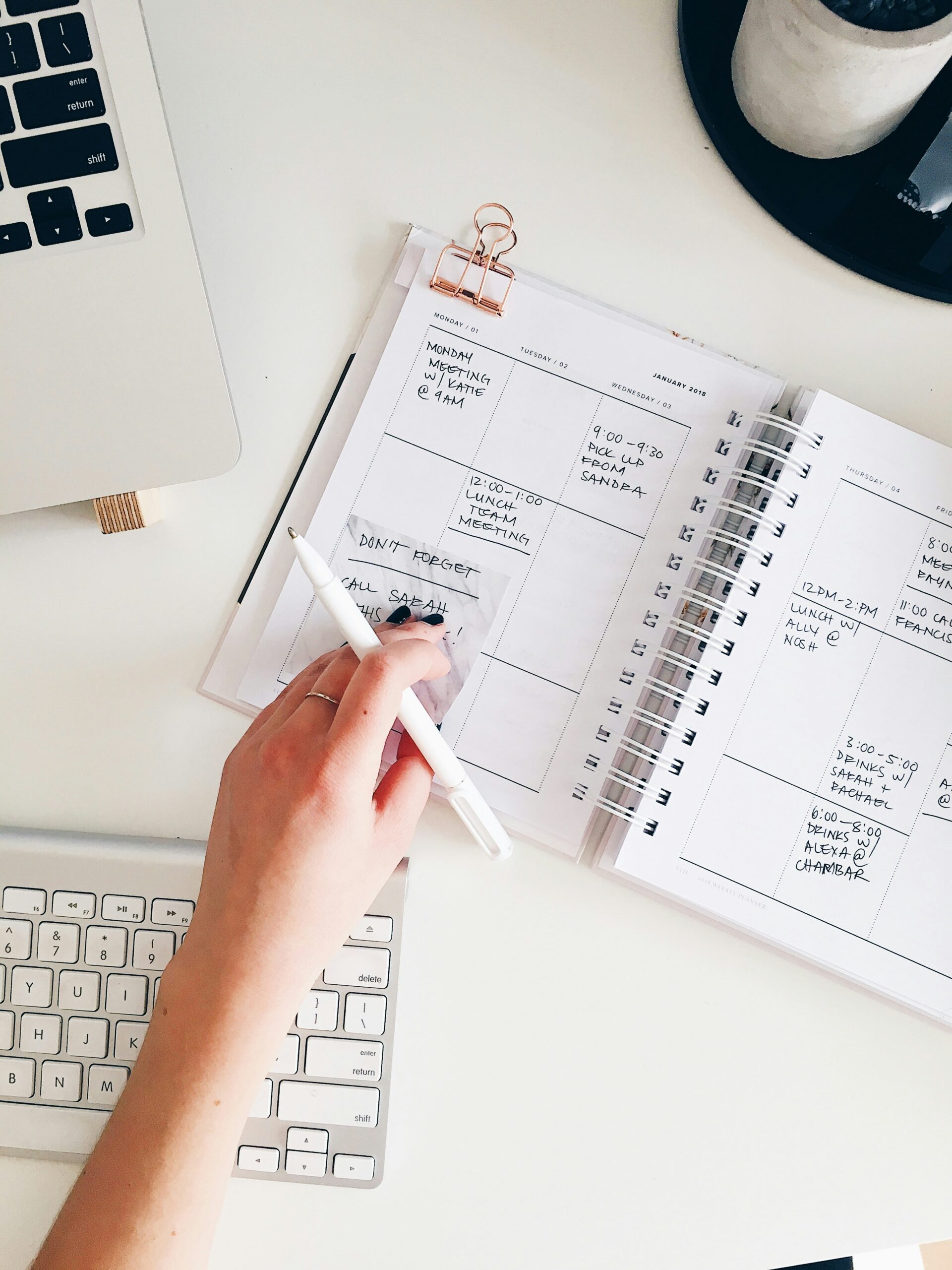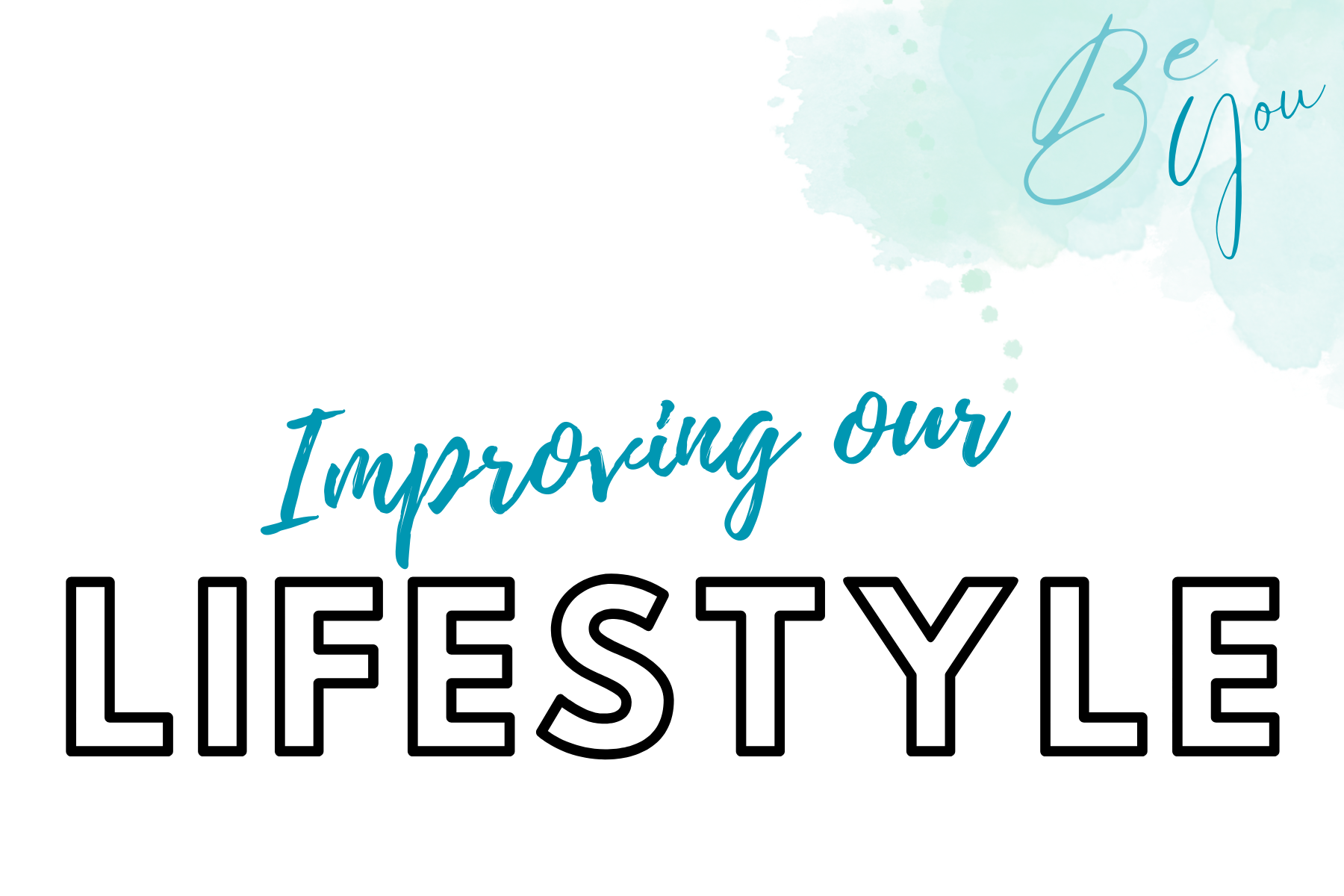
Freeing oneself from guilt lightens the load immensely !
One of the most commonly used emotions—consciously or not—to get what we want from others is guilt. Not only do some religious systems encourage guilt, but also the education model where failure is not celebrated but condemned, and where the message of guilt has been passed down from generation to generation since our earliest age. For many of us, this has resulted in somewhat dysfunctional behavior, where we act more to avoid the feeling of guilt rather than making conscious decisions that would lead to well-being, our well-being.
I grapple with a profound sense of guilt, a sentiment that has taken root in me since childhood. The societal emphasis on meritocracy hasn’t made it any easier. Over the years, phrases like ‘because of you,’ ‘because of you, I’m frustrated and turn to food; it’s because of you that I struggle with my weight,’ ‘because of you, my sleep suffers…’ have become a familiar refrain. As we mature, we find ourselves shouldering the blame for everything. It’s often simpler to attribute responsibility to others than to embrace it ourselves. Yet, the repercussions are often weightier.
Even at 35, I find myself burdened with a sense of responsibility for numerous aspects of life. I carry guilt in various situations, despite the clear and rational understanding that I am not at fault and can do little to alter them. Although situations are inherently neutral, my automatic thought patterns tend to lean towards self-blame. This struggle intensifies at work, particularly when I have to communicate less-than-ideal situations, where I find myself powerless but have given my best effort.
It took me a considerable amount of time to fully grasp this and the subsequent stress it brought. Now, whenever guilt rears its head, I consistently tell myself:
- I cannot improve the situation; it is what it is, and I should not burden myself with unnecessary guilt.
- I did my best; there’s no valid reason for me to carry guilt.
Reciting these affirmations, sometimes in a hushed tone, serves as my anchor to reality, helping me navigate the situation and ground my emotions. As defined by Cambridge: guilt noun U: a feeling of worry or unhappiness that you have because you have done something wrong, such as causing harm to another person.
How often do we genuinely do something wrong or bad? Is it as frequent as the times we feel guilty? Turning to Oxford, we find ourselves circling back to those commonplace phrases we hear so often: make (someone) feel guilty, especially in order to induce them to do something.
The cultivation of guilt often serves as a tool for manipulating individuals, coercing them to act in a particular manner to achieve desired outcomes. At times, this manipulation is consciously executed, a profoundly serious circumstance. On other occasions, it becomes an automatic conduct exhibited by those around you. Rather than passing judgment or assigning blame, the crucial aspect is to keenly observe, to comprehend the actions of others. Why?! Essentially, to engage in thoughtful contemplation, to resist identification or internalization of this emotion, and to refrain from making it one’s own. Reminding oneself with phrases such as:
- This individual behaves in a manner that attempts to induce guilt in me. I haven’t committed any wrongdoing, and my actions are blameless. There’s no justification for me to harbor feelings of guilt.

Did you like this post?
Let me know!
Comment, like or subscribe!



-
-
5 months
Tagged emotions, feelings, reflection